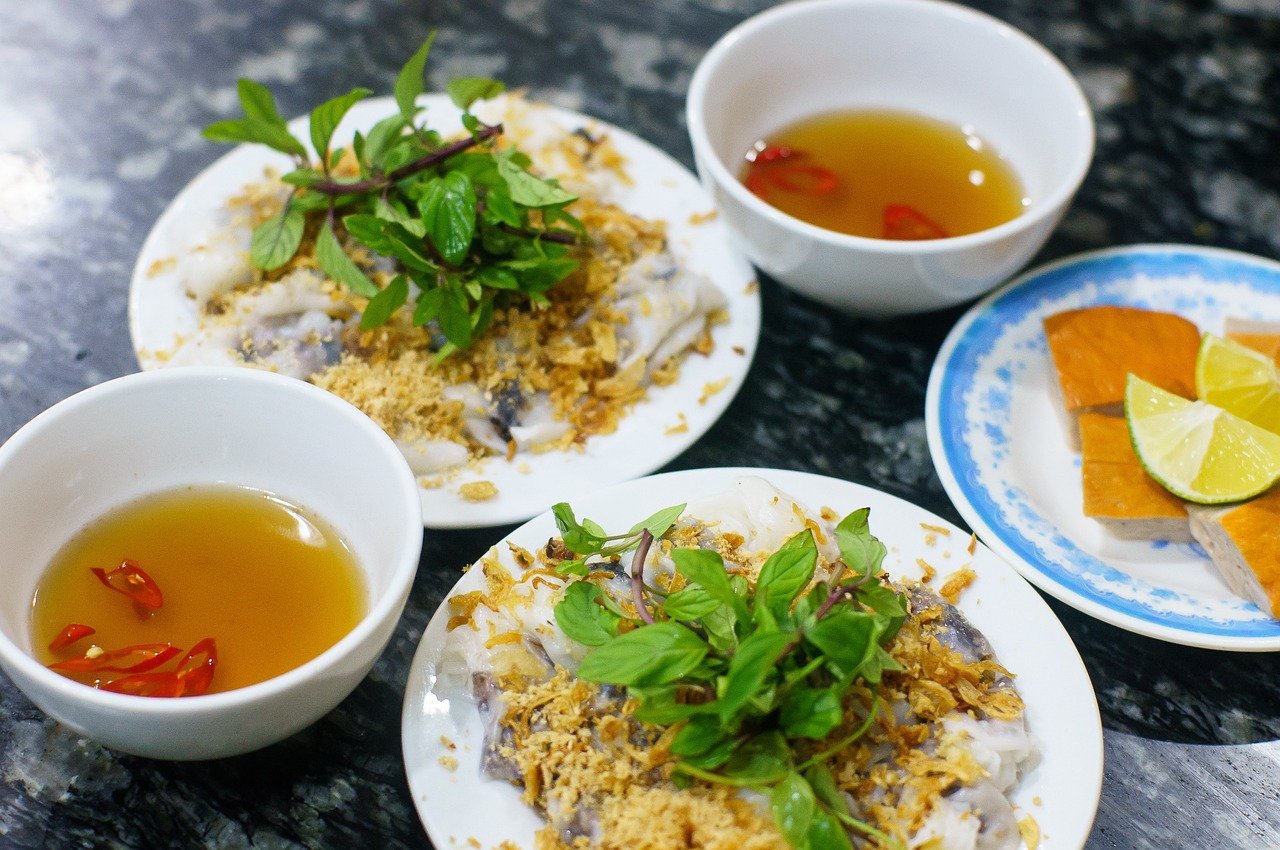Introduction
Food serves a greater purpose than simply providing energy to the body. It represents language, tradition, and art. Each bite tells a story and takes you on a delightful journey worldwide to explore local cultures. Explore a world of diverse culinary practices and traditions through food and culture tours, which provide a sensory experience for travelers to taste, smell, and touch. Embark on an ultimate gastronomic journey and enrich your knowledge! Are you ready?

The Fusion of Food and Culture Tours
Identity of Food and Culture Tours
From India’s spicy curries to Italy’s cheesy delights, the food reflects a region’s history, geography, and way of life. It shapes identities and forms an integral part of cultural heritage. Each country, city, and little town has culinary customs that represent who they are.
Food and Culture tours Exchange
Food has also facilitated cultural exchanges throughout history. The flavors have travelled across oceans and continents, creating fusion cuisines and spreading culinary knowledge. Who can imagine Britain without its beloved curry or America without pizza?
Culinary Destinations Around the World
Asia
With its vibrant street food culture and an array of spices, Asia offers a gastronomic journey like no other. Each dish is a sensory delight, from the succulent dim sum in Hong Kong to flavorful pho in Vietnam.

Europe
Europe takes you on a diverse culinary trip—from the hearty meat and potato dishes of Germany to the delicate pastries of France. Don’t forget the timeless appeal of Mediterranean cuisine, offering a delicious blend of health and taste.
Africa
Africa, with its rich cultural heritage, offers many unique dishes. Indulge in the tangy flavors of Ethiopian injera or the hearty Moroccan tagine to experience the African essence.
Americas
From spicy Mexican tacos to juicy American burgers, the Americas offer various culinary experiences. With its delectable empanadas and ceviche, South America completes the gastronomic journey.
Embrace the Local Cuisine
Benefits of Local Cuisine
Exploring the local cuisine can help you connect more closely with the culture. It’s not solely about consuming food but also about acknowledging the traditional cooking techniques, comprehending the ingredients, and interacting with the community.
Understanding the Local Food Culture
You’ll learn about specific foods’ significance and evolution as part of the food and culture tours. By delving into the region’s history and traditions, you’ll gain a deeper understanding of it all.
The Art of Wine Tasting
Wine Regions Around the World
Wine tasting is a necessary experience for any food tour, whether in the renowned vineyards of France or the scenic wineries of Napa Valley. Each region boasts unique grape varieties, winemaking techniques, and wine styles.
Understanding Wine Culture
Understanding the culture of wine, it’s pairing with food, and the intricate winemaking process enriches the overall gastronomic experience.
Cooking Classes and Workshops
The Joy of Cooking
What’s more exciting than learning to cook a dish from a local chef or a home cook? It’s a fun, interactive way to understand the cuisine’s intricacies and carry a piece of the culture back home with you.
Learning from the Experts
Attending these classes presents a rare chance to learn from the experts. Often using age-old recipes and cooking methods passed down to generations.
Food Markets and Festivals
Experience Vibrant Food Markets
Food markets are vibrant, colorful places that encapsulate the spirit of the local community. From fresh fruits, vegetables, meats, and spices to artisanal cheeses and bread, they offer a glimpse into the region’s food culture.
Festivals: A Celebration of Food
Food festivals, like Spain’s La Tomatina or Thailand’s Songkran, celebrate food and community. They offer an unforgettable experience of camaraderie, tradition, and delicious food.

Street Food Tours
Street Food: A True Gastronomic Adventure
Street food offers an authentic taste of the local cuisine. It’s often cheap, fresh, and packed with flavor. From the sizzling food stalls in Bangkok to the food trucks in New York, each place has its street food gem.
Famous Street Foods Around the World
Think of Indian chaat, Turkish kebabs, or Belgian waffles; these street foods have become global sensations for a reason!
Special Dietary Considerations
Vegetarian and Vegan Tours
Food and culture tours cater to all dietary preferences, including vegetarian and vegan options. Many regions offer unique vegetarian dishes that are equally delightful.
Gluten-Free and Allergy-Friendly Options
Inclusive food tours also cater to gluten-free diets and other dietary restrictions. It ensures that everyone can enjoy the culinary journey without any hassle.
Sustainable and Responsible Tourism
Supporting Local Producers
You support local farmers, fishermen, and small businesses by participating in food tours. It contributes to sustainable tourism and boosts the local economy.
Reducing Food Waste
Many food and culture tours emphasize zero waste, promoting responsible practices for the planet and the local community.
Conclusion
Embarking on food and culture tours is an exceptional experience that stimulates your taste buds and appreciation for the diverse tapestry of history and culture surrounding us. It is a delightful way to explore the world, taking one bite at a time.
FAQs for Food and Culture Tours: Gastronomic Journey Around the World
Is a food tour suitable for someone with dietary restrictions?
Yes, most food tours cater to various dietary restrictions, including vegetarian, vegan, and gluten-free diets.
What can I expect from a food tour?
Expect to taste a variety of local dishes, learn about the food's cultural significance, visit markets, participate in cooking classes, and more.
Do I need to be a foodie to enjoy a food tour?
Not necessarily! While food lovers may particularly enjoy these tours, anyone with an interest in culture, history, or learning new things can find food tours enjoyable.
Are food tours sustainable?
Many food tours focus on sustainability by supporting local producers, reducing food waste, and promoting responsible tourism practices.






